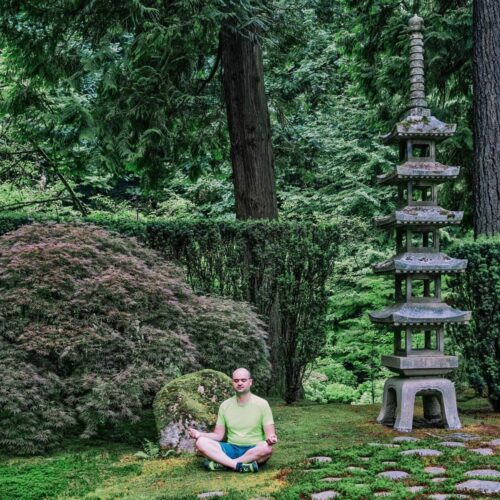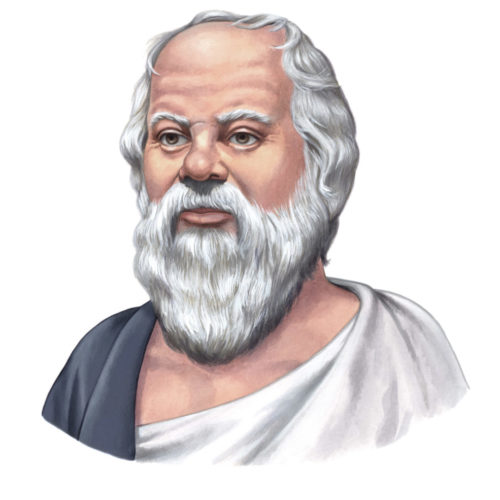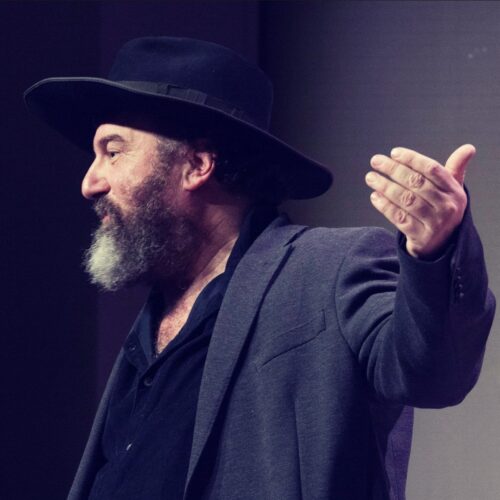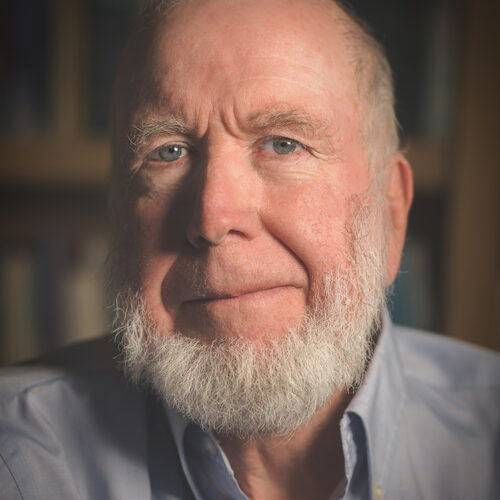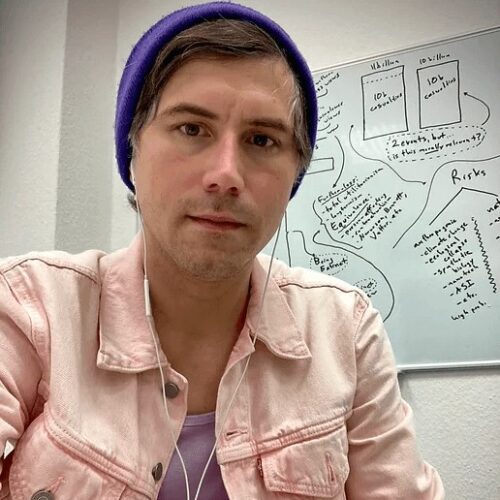Thomas Homer-Dixon on Climate Change and Commanding Hope
Socrates / Podcasts
Posted on: December 23, 2020 / Last Modified: December 23, 2020
Podcast: Play in new window | Download | Embed
Subscribe: RSS
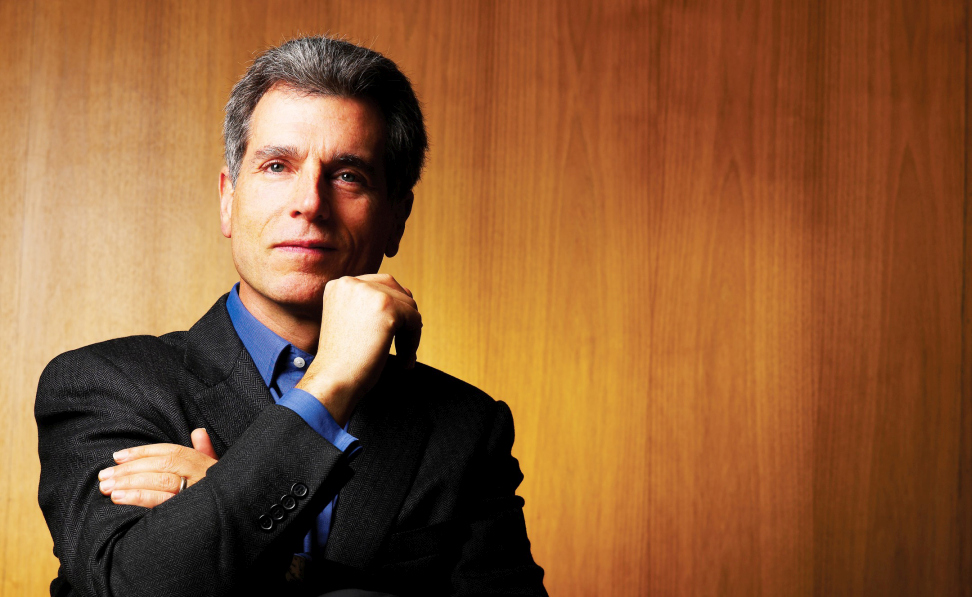 Thomas Homer-Dixon is one of Canada’s most celebrated intellectuals. Luckily, he was also one of my Professors at the University of Toronto whose class on complexity has left an indelible mark on me. So when I heard that after a long break Homer-Dixon is publishing a new book on climate change I simply had to ask him for an interview. Commanding Hope: The power we have to renew a world in peril is an absolute must-read, especially if you care about the future health of our biosphere and find yourself losing hope or totally despairing. I have to admit that for many years now I have felt quite depressed about the severity and speed of climate change, not to mention the lack of any meaningful actions to limit, if not reverse it. Turns out that Tad’s book was just the medicine I needed.
Thomas Homer-Dixon is one of Canada’s most celebrated intellectuals. Luckily, he was also one of my Professors at the University of Toronto whose class on complexity has left an indelible mark on me. So when I heard that after a long break Homer-Dixon is publishing a new book on climate change I simply had to ask him for an interview. Commanding Hope: The power we have to renew a world in peril is an absolute must-read, especially if you care about the future health of our biosphere and find yourself losing hope or totally despairing. I have to admit that for many years now I have felt quite depressed about the severity and speed of climate change, not to mention the lack of any meaningful actions to limit, if not reverse it. Turns out that Tad’s book was just the medicine I needed.
During this 1.5-hour interview with Thomas Homer-Dixon, we cover a variety of interesting topics such as: my stand-out undergraduate lesson on complexity; why he is a curious person concerned about the world his children will inherit; The Ingenuity Gap and The Upside of Down; why he goes by Tad and not Thomas; his reputation as Dr. Doom; Commanding Hope, defining it and the different types thereof; epistemic fragmentation and the biggest threats to humanity; mass violence and attacking the rules of the game; artificial intelligence and human stupidity; the inspiring story of Stephanie May; Greta Thunberg as an example of the adjacent possible; Tolkien’s distinction between Amdir and Estel.
My favorite quote that I will take away from this conversation with Prof. Homer-Dixon is:
Despair is only for those who know the future without any doubt. We do not.
As always you can listen to or download the audio file above or scroll down and watch the video interview in full. To show your support you can write a review on iTunes, make a direct donation, or become a patron on Patreon.
Who is Thomas Homer-Dixon?
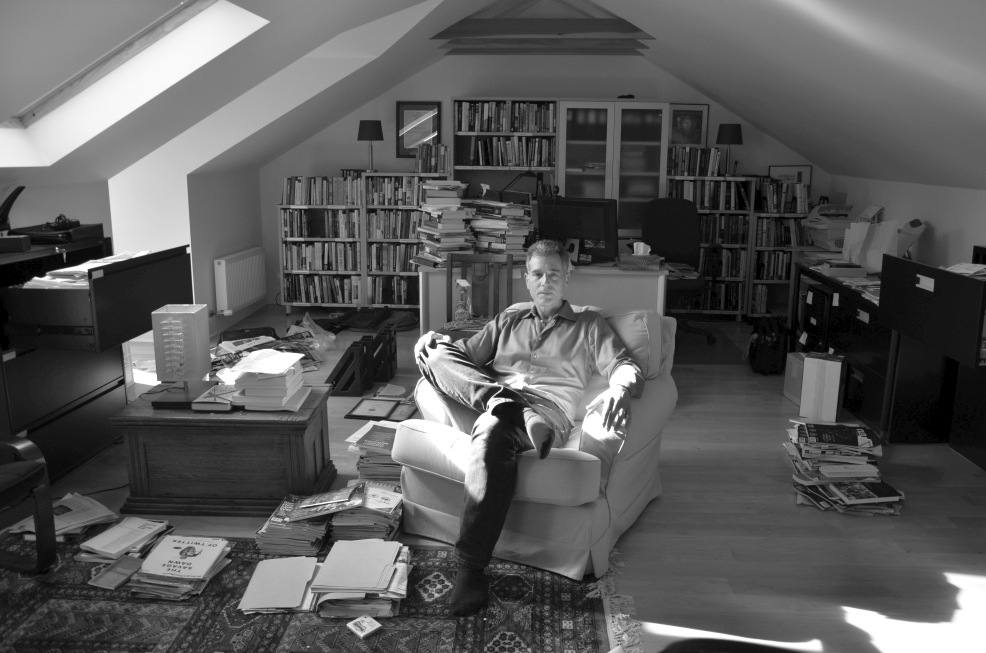 Thomas Homer-Dixon is director of the Cascade Institute at Royal Road University, and he holds a University Research Chair in the Faculty of Environment at the University of Waterloo in Waterloo, Canada. Between 2009 and 2014, he was founding director of the Waterloo Institute for Complexity and Innovation and prior to that the Director of the Trudeau Centre for Peace and Conflict Studies at the University of Toronto.
Thomas Homer-Dixon is director of the Cascade Institute at Royal Road University, and he holds a University Research Chair in the Faculty of Environment at the University of Waterloo in Waterloo, Canada. Between 2009 and 2014, he was founding director of the Waterloo Institute for Complexity and Innovation and prior to that the Director of the Trudeau Centre for Peace and Conflict Studies at the University of Toronto.
Born in Victoria, British Columbia, Canada, he received his B.A. in political science from Carleton University in 1980 and his Ph.D. from the Massachusetts Institute of Technology in international relations, defense and arms control policy, and conflict theory in 1989.
He then moved to the University of Toronto to lead several pioneering research projects investigating the links between environmental stress and violence in poor countries.
Since joining the University of Waterloo in 2008, his research has focused on threats to global security in the 21st century, including economic instability, climate change, and energy scarcity. He also studies how people, organizations, and societies can better resolve their conflicts and innovate in response to complex problems. His work is highly interdisciplinary, drawing on political science, economics, environmental studies, geography, cognitive science, social psychology, and complex systems theory.
He teaches undergraduate and graduate courses on topics ranging from environmental security to international relations and complexity theory. In 1999 he received the University of Toronto’s Northrop Frye Teaching Award for integrating teaching and research.
Dr. Homer-Dixon’s books include The Upside of Down: Catastrophe, Creativity, and the Renewal of Civilization, which won Canada’s 2006 National Business Book Award, The Ingenuity Gap, which won the 2001 Governor General’s Non-fiction Award, and Environment, Scarcity, and
Violence, which won the 2000 Caldwell Prize of the American Political Science Association.
His academic writing has appeared in leading journals, including Ambio, International Security, Journal of Peace Research, and Population and Development Review. He has written for nonacademic audiences in Foreign Policy, Scientific American, The New York Times, and the Financial Times. He now writes regularly for the Toronto Globe and Mail in Canada.
A widely sought speaker, Dr. Homer-Dixon has delivered addresses on his research to academic and general audiences around the world. He has also consulted to senior levels of government in Canada, the United States, and the United Kingdom.

